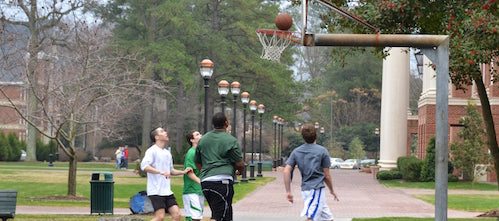Only Everyday Life Can Survive the Onslaught


There was a time when the world felt like an ocean of normality, bar your occasional pocket of carnage and destruction: I am talking way, way back in early 2016. Up until that time the Greek territory was hailed or vilified (depending on how you would see it) as one of these unruly exceptions, an impressive outlier that would grip so many to the point of coming to experience it first-hand. Upon descending in Athens, these far-flung visitors would invariably comment on how eerily peaceful it all was: cars were still driving up and down streets strikingly devoid of any enormous craters spitting out lava or fire. Despite the crisis, people were still walking around peacefully, not running nor screaming in agony. The fact that the signature Athenian cafés and bars were still in their place would become the object of scorn, something of a proof that the crisis was not much more than a bloated exaggeration on the side of us unruly Southerners who had it too good to let things change now.
Roads, pavements and street lamps (minus the odd defunct one, it must be told) were also still there: an impressive feat for those who had been caught in the swarm of the apocalyptic-talk, seemingly believing an austerity package (or three) ought to create, right there and then, an enormous rupture in the ground that would instantly swarm the screaming thousands, syphon them in and spit them out into a new urban streetscape of endlessly burning cars, knocked-down buildings, vacant lots and the smell of sulphur only just overshadowing the roar coming from the tilting ground as the next legal package was being voted in parliament: you get the picture.
As I now write these words from the British Midlands, Brexit has come and (maybe) gone, and the US electoral system seems to have decided that this is the most appropriate way to end the world: not with a revolution, but with a farce. The liberal elites — including the ever-incompetent and out-of-touch Left — have been at pains to explain why their complicated messages politely asking for patchworks to a crumbling world order have not been heard. A bizarre amalgam of incompetent politicians is now riding the wave of victory, claiming to respond to the ‘real needs’ of a populace that is attacked, vilified and broken down to the single individual: the power of information abundance has become our solitary cell, and as our lives become ever-more precarious our cry for change has been recuperated, twisted around and spat back at us in the most violent way imaginable.
In spite and beyond this capitalist onslaught, our everyday lives march on. We continue to find solace and strength in the energy and buzz of the urban, the same urban that has been vilified by the entire spectrum of reactionary discourse: from the instructing messages out of occupied Raqqa, all the way to the hatred spat out by the US President-elect. The fabric that holds our communities together is still there: in the intermixing of people, of conversations, of livelihoods as they play out in our streets, in our spaces of coexistence. At the exact time when capital exposes its contradictions and races us head-onto a crashing, apocalyptic dead-end, our power is in slowing down and immersing ourselves in the power of the everyday. In the space where urban pluralism will always trample isolation, where collectively built trust will always overcome fear, where life will always win over its representation.
Antonis Vradis is a geographer at Loughborough University, looking at Europe's urban transformations under austerity, and also at how the management of the migrant crisis is transforming the continent - as part of the Transcapes collective. He blogs at The Slow.